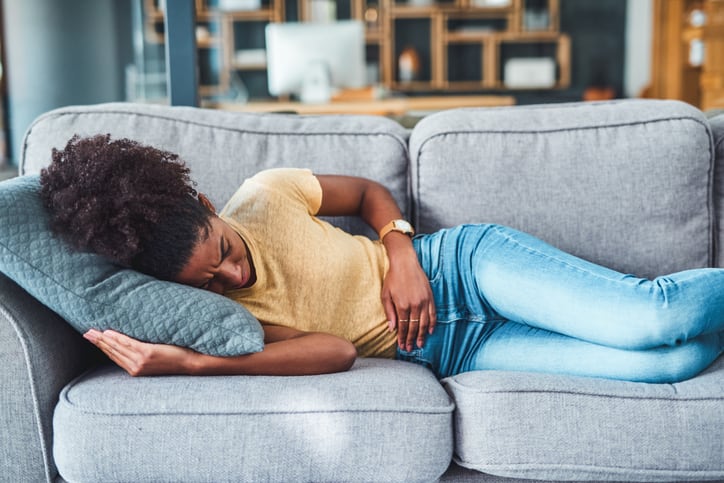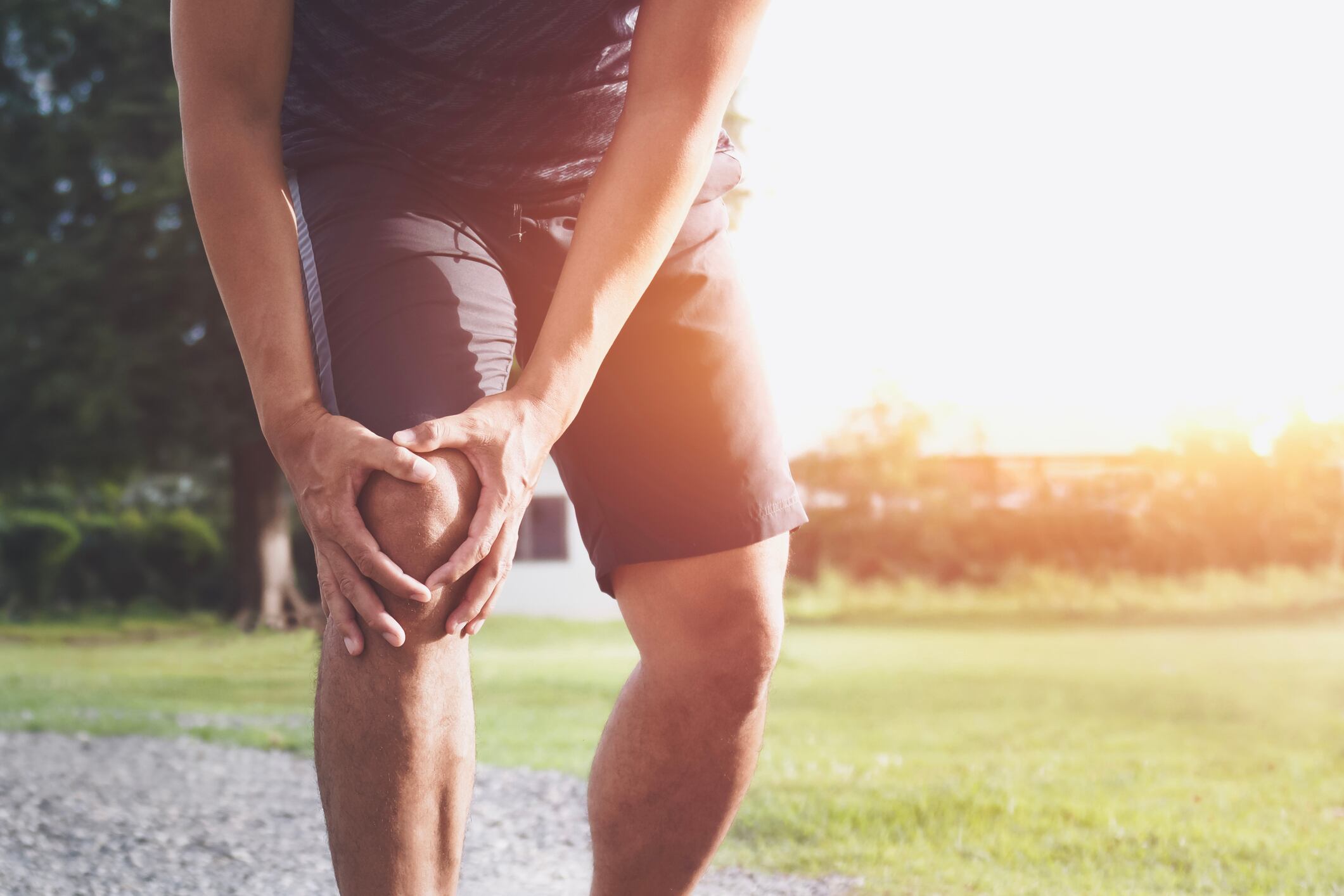The study published in the Journal of Women & Health assessed PEA’s impact on acute menstrual pain compared to a placebo over the course of 16 weeks.
Dysmenorrhea is the leading gynecological condition in women and is a “huge issue when it comes to preventing women from reaching their full potential,” Mariko Hill, global innovation manager at Gencor, told NutraIngredients.
The aim of this new study and those to come, she explained, is to “overcome these barriers of female physiology”.
Natural alternative for menstrual pain relief
Menstrual pain, or primary dysmenorrhea, affects up to 95% of women of reproductive age.
The pain, linked to uterine cramping, begins with menstruation and can last from 8 to 72 hours. It can cause significant disruption to daily activities, work and school, and despite its widespread impact, dysmenorrhea is often overlooked and untreated due to its perception as a normal part of menstruation.
It is mainly caused by excess uterine prostaglandins, particularly PGF2α and PGE2, which elevate during menstruation, leading to increased uterine tone, irregular contractions and ischemia, all contributing to pain.
Non-steroidal anti-inflammatory drugs (NSAIDs) like aspirin and ibuprofen are commonly used treatments, however, long-term use can cause gastrointestinal and systemic side effects. And while there are hormonal therapeutic alternatives, they are not always effective and can have adverse effects.
PEA, an endogenous fatty acid with anti-inflammatory properties, has shown promise as an alternative treatment for menstrual pain through several mechanisms.
As Hill explained, it works by “binding on PPAR-a expressed on neurons and macrophages, inhibiting release of mast cells and indirectly influencing CB1 receptors by increase levels of anandamide in the body.”
Anandamide—also known as the ‘bliss molecule’ is a neurotransmitter and endocannabinoid that plays a key role in mood regulation, pain relief and overall well-being.
Macrophages and mast cells promote inflammation, so binding to or inhibiting them reduces inflammation, Hill explained.
To counter the onset of menstrual pain caused by excessive production of prostaglandins, “PEA has shown analgesic responses before the pain signal arrives in the spinal cord, which is perhaps one of the main mechanisms for reducing menstrual pain,” Hill said.
Previous research has demonstrated its effectiveness in managing pain from conditions like endometriosis and neuropathy, however, its effectiveness in a single dose specifically for menstrual pain was until now, unexplored.
Single-dose PEA supplement eases menstrual pain
The researchers recruited 80 menstruating females in Australia through social media, who had regular menstrual cycles and a history of menstrual cramps requiring OTC pain relief in at least four of the past six cycles.
Over 16 weeks, they conducted the randomized, double-blind, placebo-controlled, crossover clinical trial, supplying all participants with both active capsules containing 350 mg of Levagen+ (≥300 mg PEA) and placebo capsules containing 350 mg of MCC.
Participants recorded up to four menstrual pain events over 16 weeks, taking one capsule when the pain reached at least five out of 10 on a Numerical Pain Rating Scale (NRS) and a second if the pain persisted after two hours.
They logged pain scores every 30 minutes for four hours in an e-diary system, and after each pain event, participants completed the Treatment Satisfaction Questionnaire for Medication (TSQM).
Results showed that pain scores dropped significantly compared to the placebo at 1, 1.5, 2 and 2.5 hours post-dose, with a 25% greater reduction by 2.5 hours.
Both groups reported similar pain levels by the 4-hour mark, which according to the researchers was likely due to natural pain resolution.
Significantly, unlike previous studies that required prolonged dosing, this trial confirmed the efficacy of a single-dose approach, making it a practical alternative to NSAIDs, explained Hill.
“This study is rather groundbreaking in terms of having a safe, effective and natural alternative to OTC medications for pain that can cause long-term adverse effects on the microbiome, muscle adaptation and health,” she said.
The researchers indicated that the next stage will be to investigate prophylactic dosing strategies by administering PEA at the onset of symptoms rather than waiting for a predefined pain threshold, which may enhance its effectiveness.
Furthermore, comparing different dosages and formulations can help identify the optimal regimen for rapid and sustained pain relief, and since PEA remains in the system for several hours, a single 700 mg dose of Levagen+ may offer better analgesic effects for acute pain episodes like menstrual pain.
Journal: Journal of Women & Health. doi: 10.1080/03630242.2025.2458243. “Palmitoylethanolamide (Levagen+) for acute menstrual pain: a randomized, crossover, double-blind, placebo-controlled trial”. Authors: Rao, A. et al.





